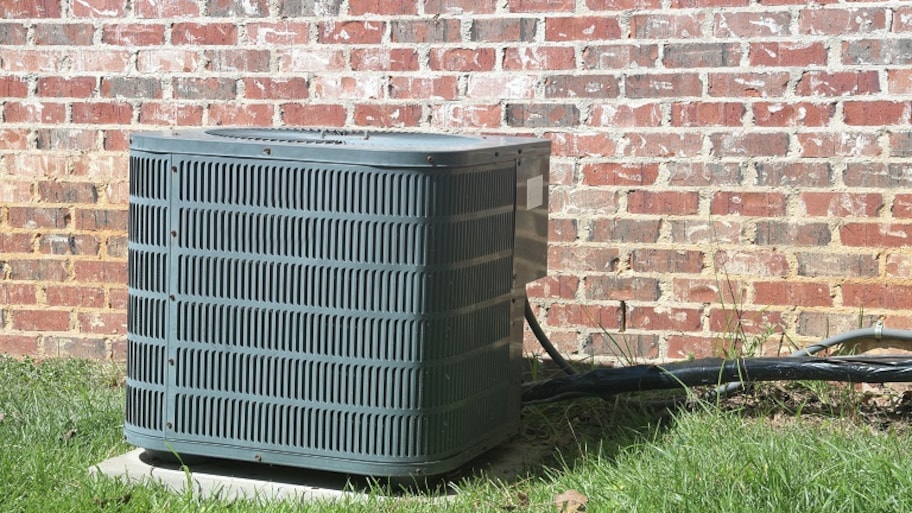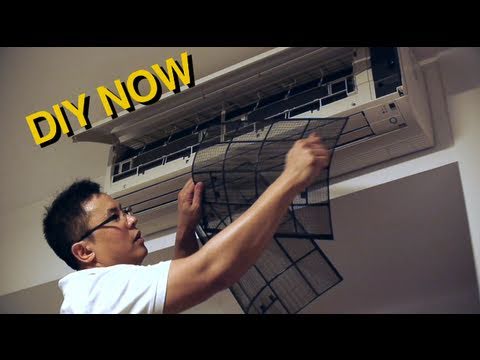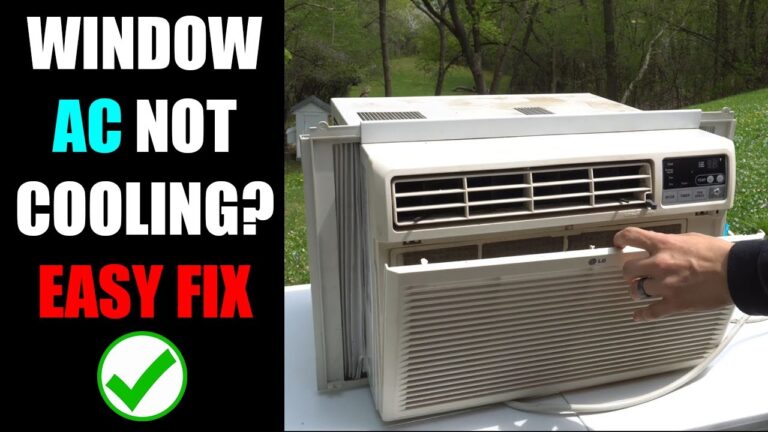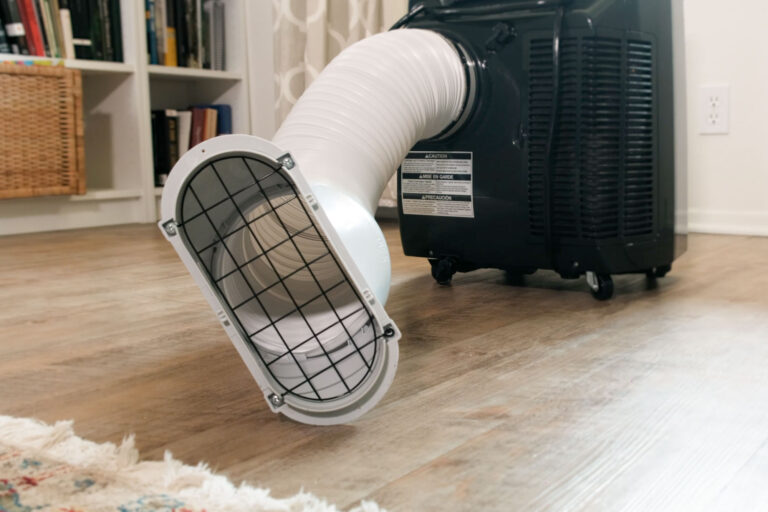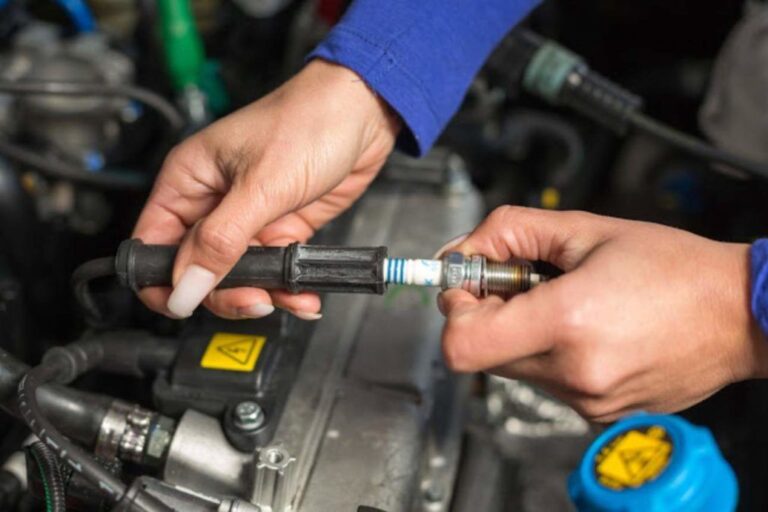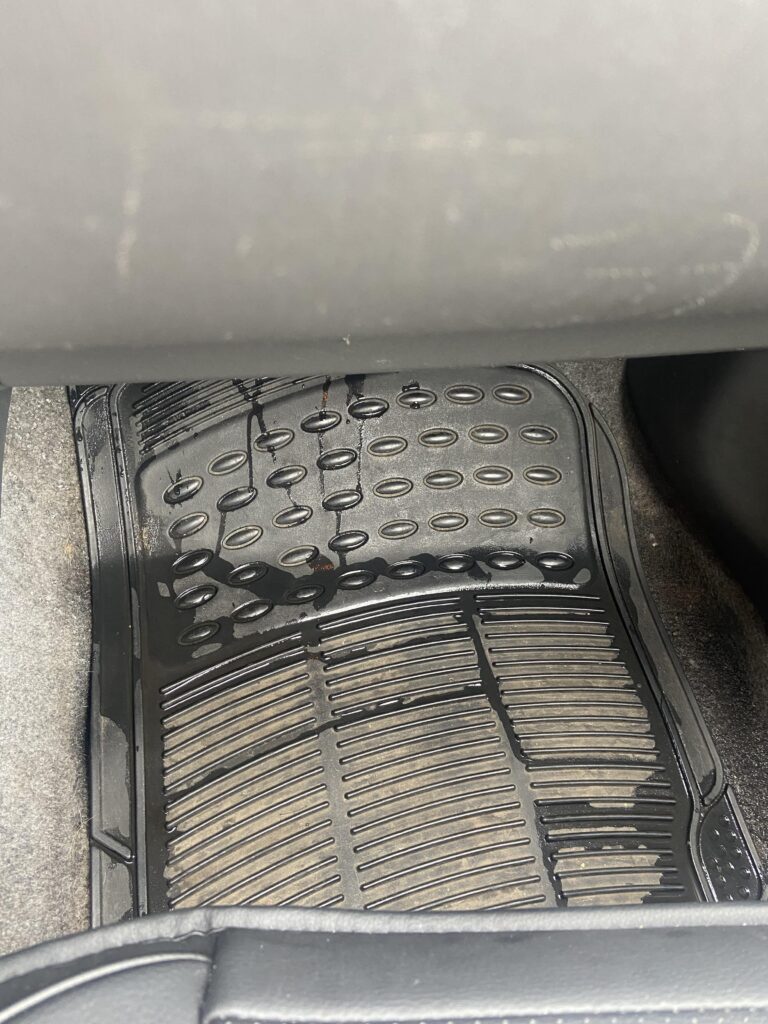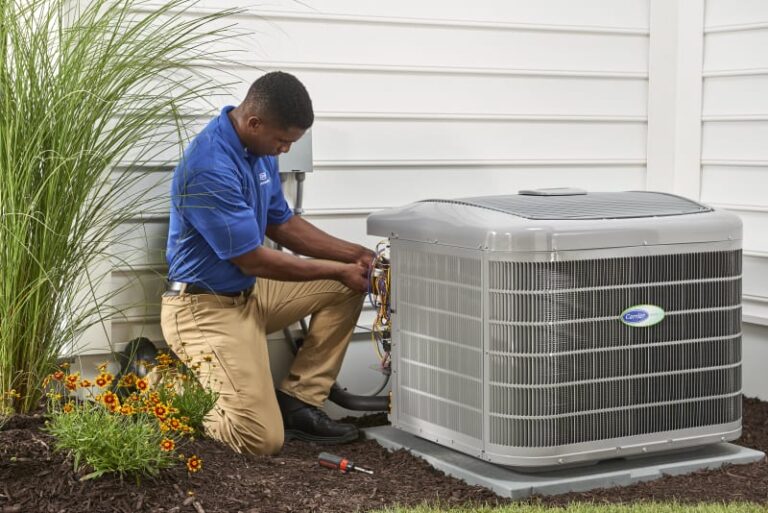Why Does My House Shake When The AC Is On? Troubleshoot Now
Your house might shake when the AC is on due to an unbalanced fan or loose components. These issues cause vibrations.
An air conditioner should operate smoothly and quietly. Shaking or excessive noise indicates a problem that needs addressing. Common causes include an unbalanced fan, loose parts, or worn-out components. These issues can create vibrations that travel through your home’s structure.
Ignoring these signs can lead to bigger problems and expensive repairs. Regular maintenance helps keep your AC running efficiently. Make sure to inspect the unit regularly and address any unusual sounds or movements promptly. Proper care ensures a comfortable, quiet home environment. If problems persist, consult a professional for a thorough inspection and repair. This proactive approach ensures your AC functions effectively.
Common Causes
Is your house shaking when the AC is on? This can be concerning. Understanding the common causes can help. Let’s dive into some reasons why your house might shake.
Vibration Issues
Vibration issues are a frequent cause of shaking. Air conditioners have many moving parts. These parts can create vibrations. Over time, these vibrations can cause the house to shake.
Uneven placement of the AC unit can increase vibrations. Ensure the unit is on a flat surface. Use vibration pads if necessary.
Check for worn-out components. Old or damaged parts can cause excess vibrations. Regular maintenance can help reduce this problem.
Loose Parts
Loose parts inside the AC can also cause shaking. Bolts, screws, and panels can become loose over time. This can make the unit unstable.
Inspect the unit for loose screws and bolts. Tighten them if needed. This simple step can reduce shaking.
Look for loose panels. Ensure all panels are secure. A loose panel can cause significant vibrations.
Follow these tips to identify and fix common causes. This can help reduce the shaking when your AC is on.
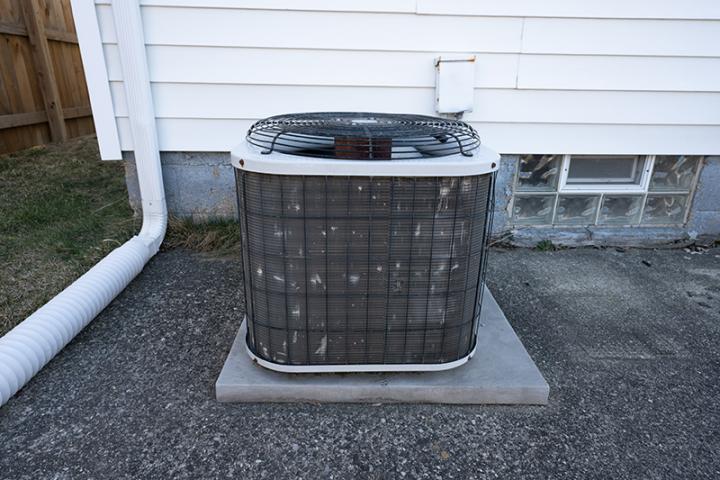
Credit: www.commandservice.com
Ductwork Problems
Is your house shaking when the AC is on? One common cause might be ductwork problems. Issues with your ducts can lead to vibrations and noises. Let’s explore some key reasons under this category.
Loose Ducts
Loose ducts can cause your house to shake. When ducts are not properly secured, they vibrate. This shaking can feel like an earthquake.
Loose ducts may disconnect over time. This can create gaps and make the air flow unstable. Inspect your ducts to ensure they are tightly connected.
- Check for gaps in the ducts.
- Ensure all ducts are secure.
- Listen for unusual noises when the AC is on.
Poor Installation
Poor installation can also lead to shaking. If the ducts are not installed correctly, they can cause vibrations. This may result in rattling sounds and an unstable system.
Proper installation is key for a smooth-running AC. Ensure your ducts are installed by professionals. They know how to secure and align the ducts.
| Installation Issues | Effects |
|---|---|
| Improper alignment | Causes shaking and noise |
| Poor securing | Results in loose ducts |
Always hire experts to install or repair your ducts. This ensures your AC runs smoothly and quietly.
Compressor Concerns
Is your house shaking when the AC is on? The problem might be the compressor. The compressor is a vital part of your AC system. It compresses the refrigerant and circulates it through the system. If there are issues with the compressor, it can cause vibrations.
Wear And Tear
Over time, the compressor can suffer from wear and tear. This is normal as the AC system ages. The internal parts can become loose or damaged. These problems make the compressor work harder, leading to vibrations. Regular maintenance can help detect these issues early.
Mounting Problems
If the compressor is not mounted properly, it can cause shaking. The mounting brackets might become loose or broken. This leads to the compressor moving during operation. Check the mounting brackets to ensure they are secure. If needed, call a professional to fix the mounting issues.
| Compressor Issue | Possible Cause | Solution |
|---|---|---|
| Wear and Tear | Old internal parts | Regular maintenance |
| Mounting Problems | Loose brackets | Secure brackets |
Addressing compressor concerns can prevent your house from shaking. Regular checks and maintenance keep your AC running smoothly.
Fan Motor Issues
When your house shakes while the AC is on, fan motor issues might be the cause. The fan motor plays a crucial role in the AC system. If it malfunctions, vibrations can occur. Below are common fan motor issues that can cause shaking.
Imbalanced Blades
Imbalanced blades are a frequent issue. If the fan blades are not balanced, they can cause vibrations. This imbalance can stem from dirt buildup or physical damage. Clean the blades regularly and check for any signs of damage.
- Dirty blades: Dust and debris can accumulate on the blades.
- Damaged blades: Cracks or bends can disrupt balance.
Keeping the blades clean and intact can help reduce shaking.
Motor Malfunctions
Motor malfunctions can also lead to vibrations. A malfunctioning motor may struggle to operate smoothly, causing shaking. Common motor issues include:
| Issue | Effect |
|---|---|
| Worn bearings | Can cause the motor to wobble. |
| Electrical faults | May lead to irregular motor function. |
| Overheating | Can cause the motor to vibrate excessively. |
Regular maintenance checks can help identify motor issues early.
Ensuring the fan motor and blades are in good condition can minimize house shaking. Regular inspections and cleanings are essential for a smooth-running AC system.
Thermostat Troubles
Your thermostat plays a crucial role in your AC system. It controls the temperature and ensures comfort. But sometimes, thermostat troubles can lead to shaking issues in your house. Understanding these problems can help you fix them quickly.
Incorrect Settings
The thermostat settings might be causing the shaking problem. If the settings are incorrect, the AC may work too hard. This can cause unusual vibrations. Ensure the temperature settings match your comfort level.
Check if the fan settings are set to “auto” or “on”. If set to “on”, the fan runs constantly, causing wear and tear. This can make the house shake. Set it to “auto” to avoid this issue.
Faulty Thermostat
A faulty thermostat can also be the culprit. If the thermostat is old or damaged, it may send incorrect signals to the AC. This can cause the unit to turn on and off frequently, leading to shaking.
To check if your thermostat is faulty, try these steps:
- Replace the batteries in the thermostat.
- Ensure the thermostat is clean and free of dust.
- Check the wiring connections for any loose or damaged wires.
If these steps do not fix the issue, consider replacing the thermostat. A new, modern thermostat can improve efficiency and reduce shaking.
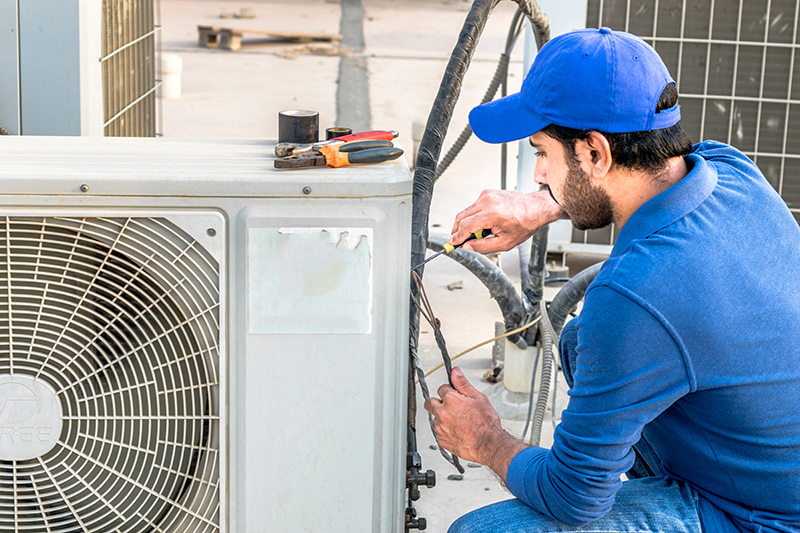
Credit: www.mastermechanical.net
Foundation Factors
Experiencing your house shake when the AC is on can be unsettling. The issue often ties back to foundation factors. These factors can greatly influence the stability of your home. Understanding these can help in addressing the root cause of the problem.
Structural Shifts
Structural shifts in your home can cause shaking. As homes age, they settle. This can lead to small shifts in the foundation. Even minor shifts can cause noticeable vibrations.
Consider the materials used in your home’s construction. Wood, for instance, expands and contracts with temperature changes. This can contribute to structural shifts. Brick and concrete homes are less likely to shift but can still experience minor movements.
Here are some common signs of structural shifts:
- Cracks in walls
- Doors and windows that stick
- Uneven floors
Vibration Transmission
Vibration transmission is another key factor. Your AC unit generates vibrations. These vibrations can travel through your home’s structure. If your foundation is not solid, it can amplify these vibrations.
Vibrations travel easily through certain materials. Metal, for instance, can carry vibrations longer distances. This means that even if the AC unit is far from the living area, you can still feel the vibrations.
Here are some tips to reduce vibration transmission:
- Check the AC unit’s mounting. Ensure it is secure.
- Use vibration dampers. These can absorb some of the vibrations.
- Inspect the ductwork. Loose ducts can increase vibration transmission.
By focusing on foundation factors, you can better understand why your house shakes when the AC is on. Addressing structural shifts and vibration transmission can help create a more stable home environment.
External Factors
Sometimes, your house may shake when the AC is on due to external factors. It’s not always about the AC unit itself. Understanding these external influences can help identify the root cause of the vibrations.
Nearby Construction
Construction near your home can cause vibrations. Heavy machinery and equipment can shake the ground. These vibrations can travel through the ground and reach your house.
- Heavy machinery can cause strong vibrations.
- Groundwork like digging or drilling can also cause shaking.
- Pile driving is a common source of strong ground vibrations.
Traffic Vibrations
Heavy traffic near your house can also cause vibrations. Large vehicles like trucks and buses create more vibrations. These can be felt inside your home.
- Heavy trucks passing by can cause noticeable shaking.
- Buses can also cause vibrations, especially if they run frequently.
- Traffic congestion can increase the frequency of these vibrations.
Diy Solutions
Experiencing a shaking house when the AC is on can be alarming. Fortunately, there are some DIY solutions you can try to address this issue. These simple steps could help stabilize your AC and eliminate the vibrations causing the shake.
Tighten Screws
Loose screws can lead to vibrations and noise. Inspect the screws in your AC unit. Follow these steps:
- Turn off the AC and unplug it.
- Use a screwdriver to tighten all visible screws.
- Check the screws on the AC cover and internal components.
- Ensure all screws are snug but not overly tight.
This simple task can often solve the problem of a shaking house.
Inspect Ducts
Air ducts can also cause vibrations. Ensure your ducts are secure and free of damage. Here’s how:
- Turn off the AC system.
- Inspect the ducts for any visible damage or loose connections.
- Use duct tape to seal any leaks or gaps.
- Ensure ducts are properly supported and not hanging loosely.
Securing the ducts can help reduce or eliminate vibrations.

Credit: www.romanoheatandair.com
Frequently Asked Questions
How Can I Stop My Ac Shaking My Whole House?
Ensure your AC unit is on a stable, level surface. Tighten loose components and install vibration pads. Clean or replace the air filter. Check and secure ductwork connections.
Why Does My Ac Make My House Vibrate?
Your AC might make your house vibrate due to loose parts, unbalanced fan blades, or a failing motor. Check for these issues.
How Do I Stop My Hvac From Vibrating?
Tighten loose components and screws. Replace worn-out parts. Ensure the unit is on a stable, level surface. Install vibration isolation pads. Regularly maintain the system.
Conclusion
A shaking house when the AC is on can signal underlying issues. Regular maintenance is essential to prevent problems. Addressing these concerns early can save you from costly repairs. Ensure your AC system is installed correctly and serviced regularly. A well-maintained AC ensures comfort without the shake.

